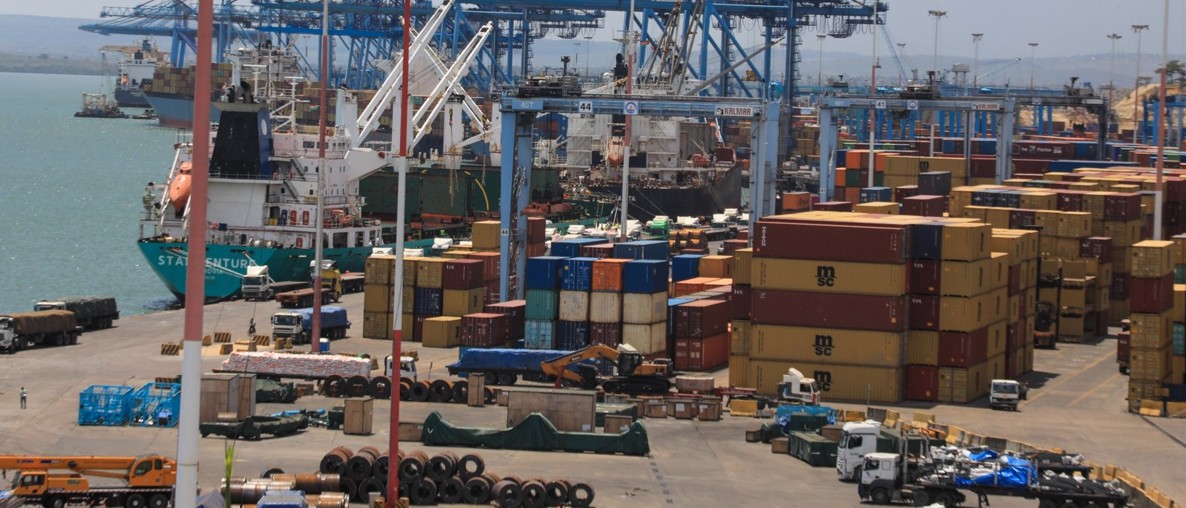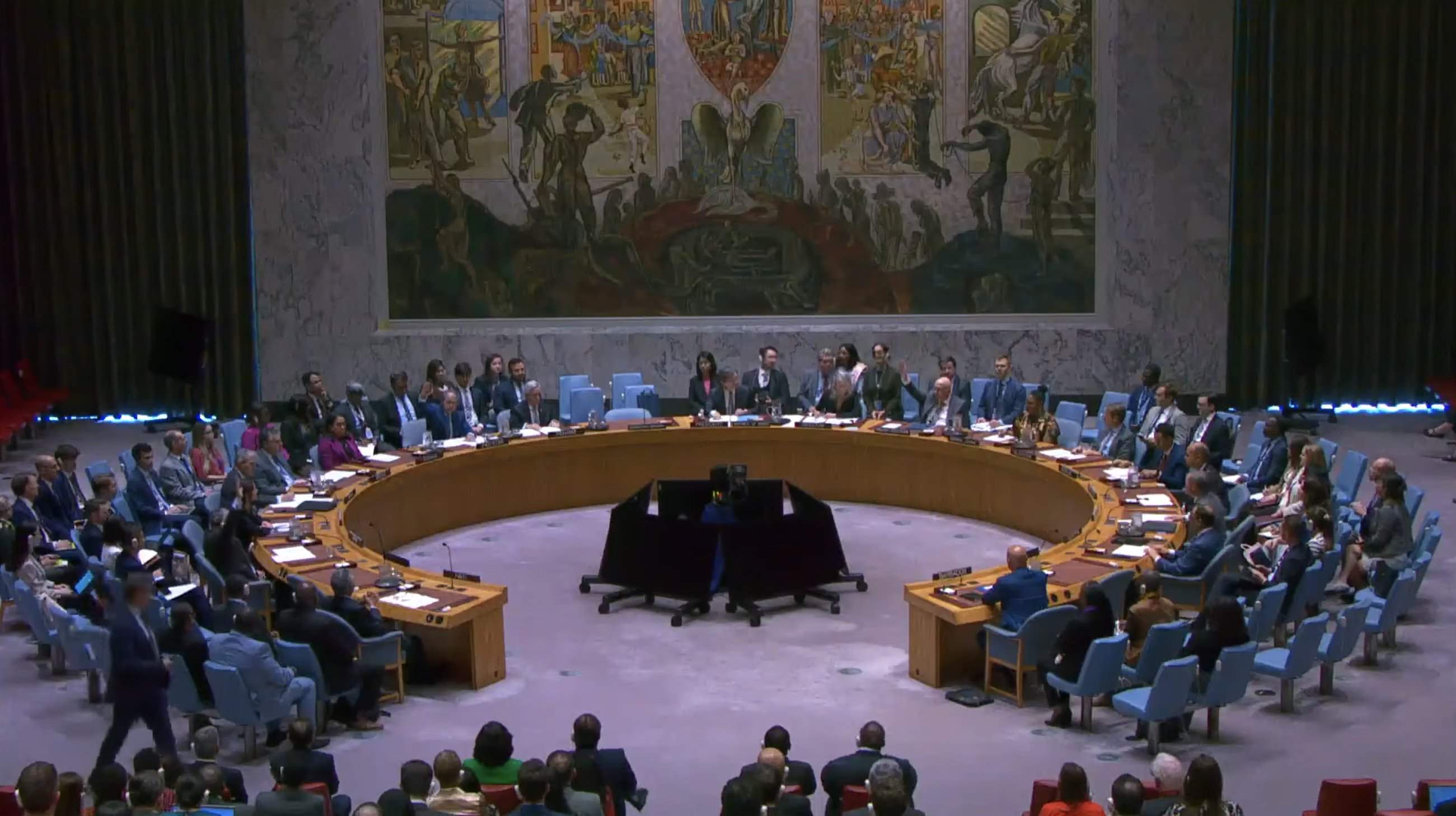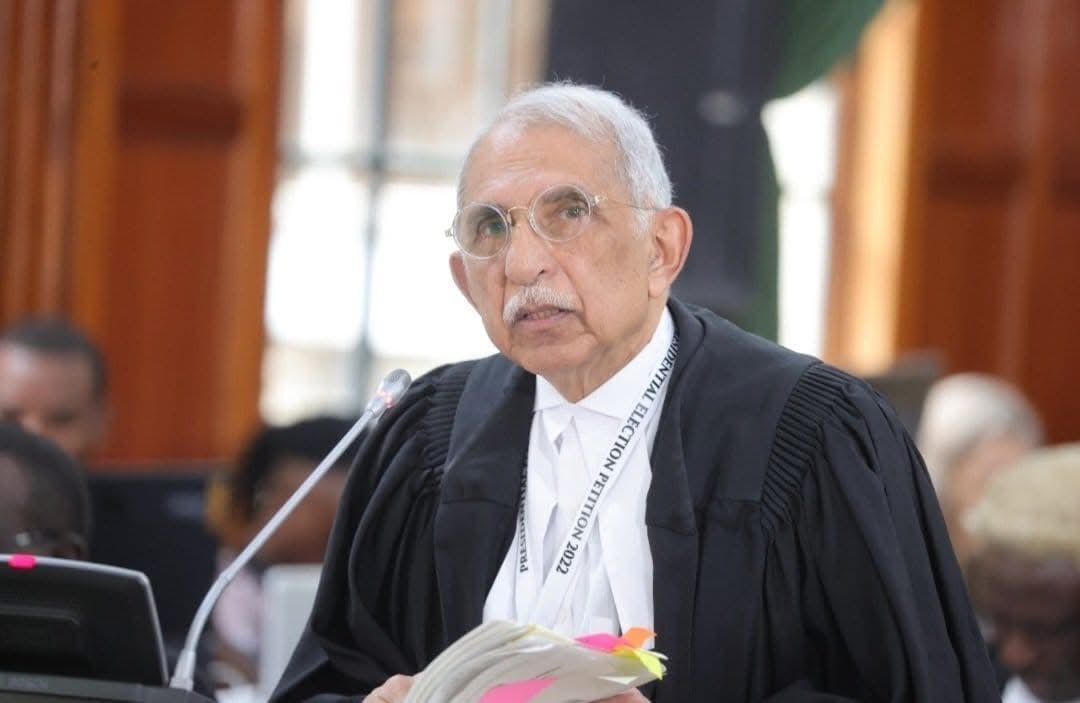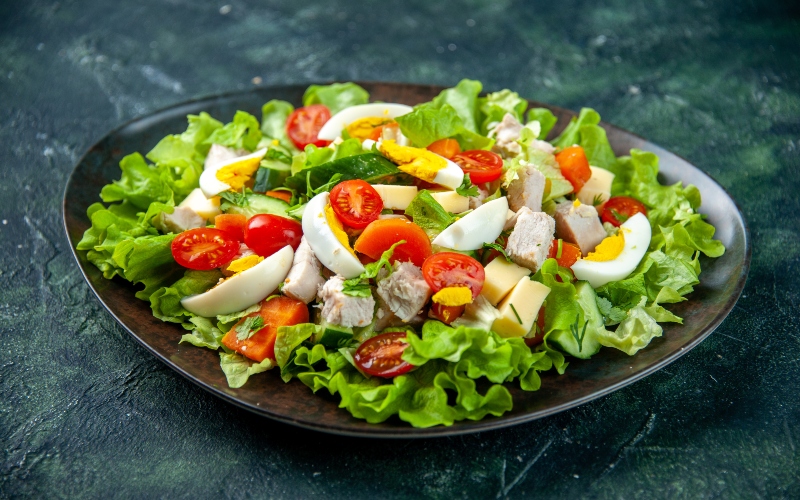Treasury spares milk, bread from VAT hike, targets airline industry in new tax review

Air tickets, aircraft parts, and related services will now be subject to the levy.
The airline industry is set to face a 16 per cent VAT in the new Treasury tax review, with air tickets, aircraft parts, and related services now subject to the levy.
Under the Tax Laws (Amendment) Bill, 2024, Treasury Cabinet Secretary John Mbadi has proposed shifting the tax burden from essential goods, such as milk, bread, and maize flour, which will remain free from any higher VAT charges.
More To Read
- KRA extends tax filing deadline by one day after taxpayers faced technical hitches
- KRA waives Sh165 billion in penalties as over three million Kenyans benefit from tax amnesty
- State slashes digital transfer tax to 1.5 per cent to boost tech sector
- KRA surpasses Sh2 trillion in revenue collection as growth hits 6.1 per cent
- Treasury targets foreign firms in public tenders with fresh tax proposal
- Kenya lost over Sh500 billion to tax waivers and corruption- report
Initially, Mbandi had proposed moving select commodities, including these staple items, from a zero-rated VAT category to an exempt status.
The move could have triggered a rise in retail prices, making everyday products more expensive for consumers. However, following public concern, the Treasury dropped the plans and shifted the focus to luxury goods, particularly in the airline sector.
The introduction of 16 per cent VAT on air travel services—including air tickets, aircraft hire, leasing, and aircraft parts—aims to increase tax revenue while sparing everyday essentials.
Under the new rules, airlines will no longer be able to claim VAT refunds on inputs such as fuel, electricity, and raw materials, which had been allowed under the previous zero-rating system.
This is expected to increase costs for airlines, which are likely to pass these on to consumers.
The Treasury has also proposed moving other goods, like fertiliser and agricultural pest control products, from zero-rating to the exempt list, which could result in higher prices for these items as well.
“We are not interested in making the Kenyan economy uncompetitive,” Mbadi said, adding that the changes would not burden the average consumer.
“If there is any provision that you think would affect business, please give us a shout. We are at a level where we can still remove that.”
Export goods
The bill also proposes maintaining zero-rated VAT on export goods to ensure Kenya’s products remain competitive on the global market.
Additionally, the Treasury is revisiting other tax measures that were previously scrapped, including higher excise duties on cigarettes and telephone services, and the reintroduction of a withholding tax on interest from infrastructure bonds.
The proposed excise duty on cigarettes with filters is set to rise to Sh4,100 per 1,000 sticks from Sh4,067.03, while non-filtered cigarettes will see a rise to Sh4,100 per 1,000 sticks from Sh2,926.41. Products containing nicotine substitutes for inhalation will also face an excise duty of Sh2,000 per kilogramme.
The Treasury has proposed increasing the excise duty on internet and telephone calls from 15 per cent to 20 per cent, which could lead to higher prices for consumers. Other proposals include raising the railway development levy to 2.5 per cent from 1.5 per cent and introducing a minimum top-up tax to ensure multinationals pay a corporate tax rate of at least 15 per cent.
A new tax on digital marketplaces, including food delivery and ride-hailing services, has also been proposed, with a withholding tax of five per cent for resident payments and 20 per cent for non-resident payments.
The Treasury has also revived a proposal for a six per cent Significant Economic Presence Tax for digital services, a move in line with other countries like Nigeria and India.
In a bid to raise at least Sh140 billion, the Treasury has also proposed tax hikes on digital services, including a new Significant Economic Presence Tax, and an increase in excise duty on beverages based on alcohol content, which could lead to price changes for wine and beer.
Top Stories Today
















































